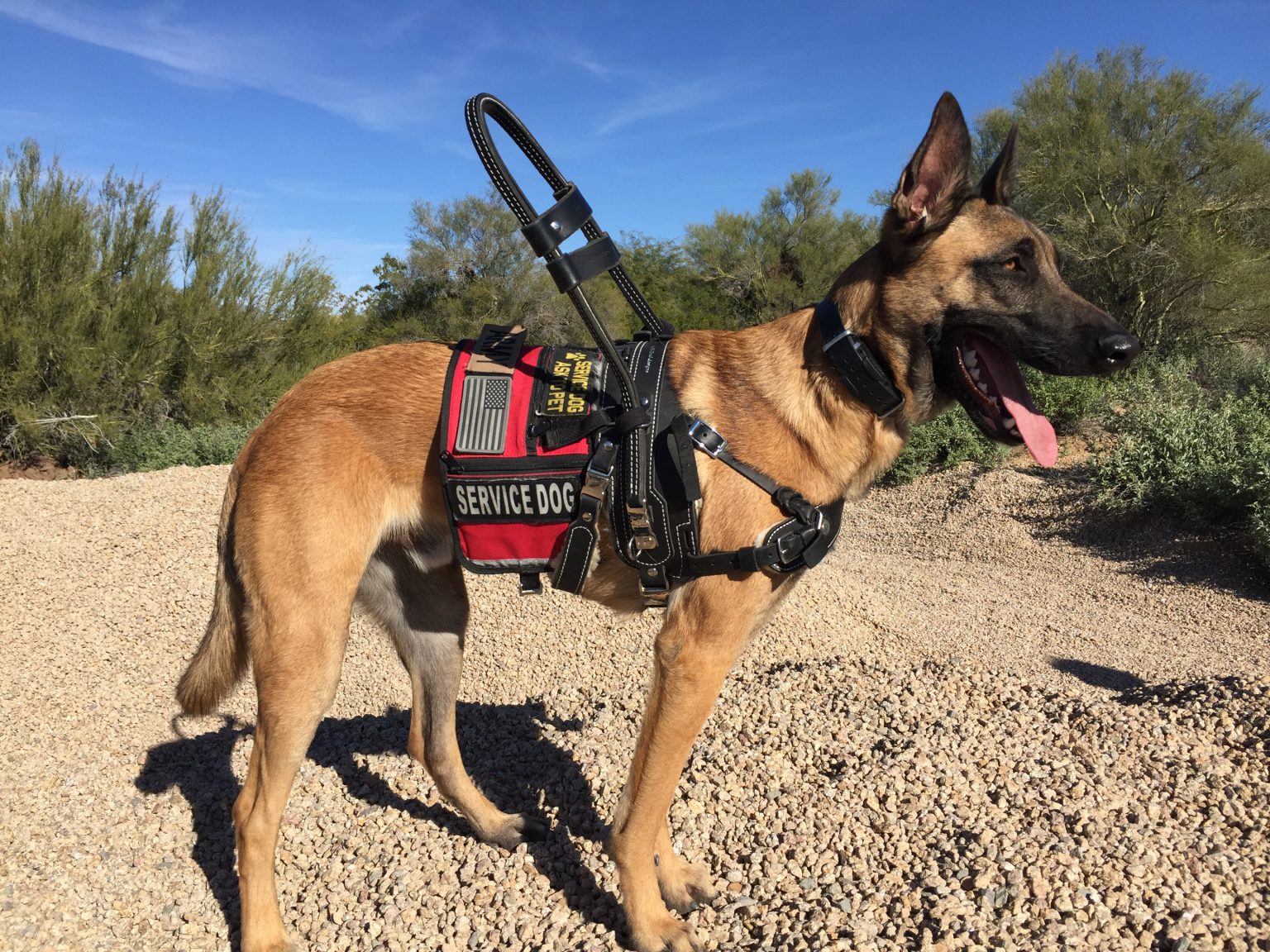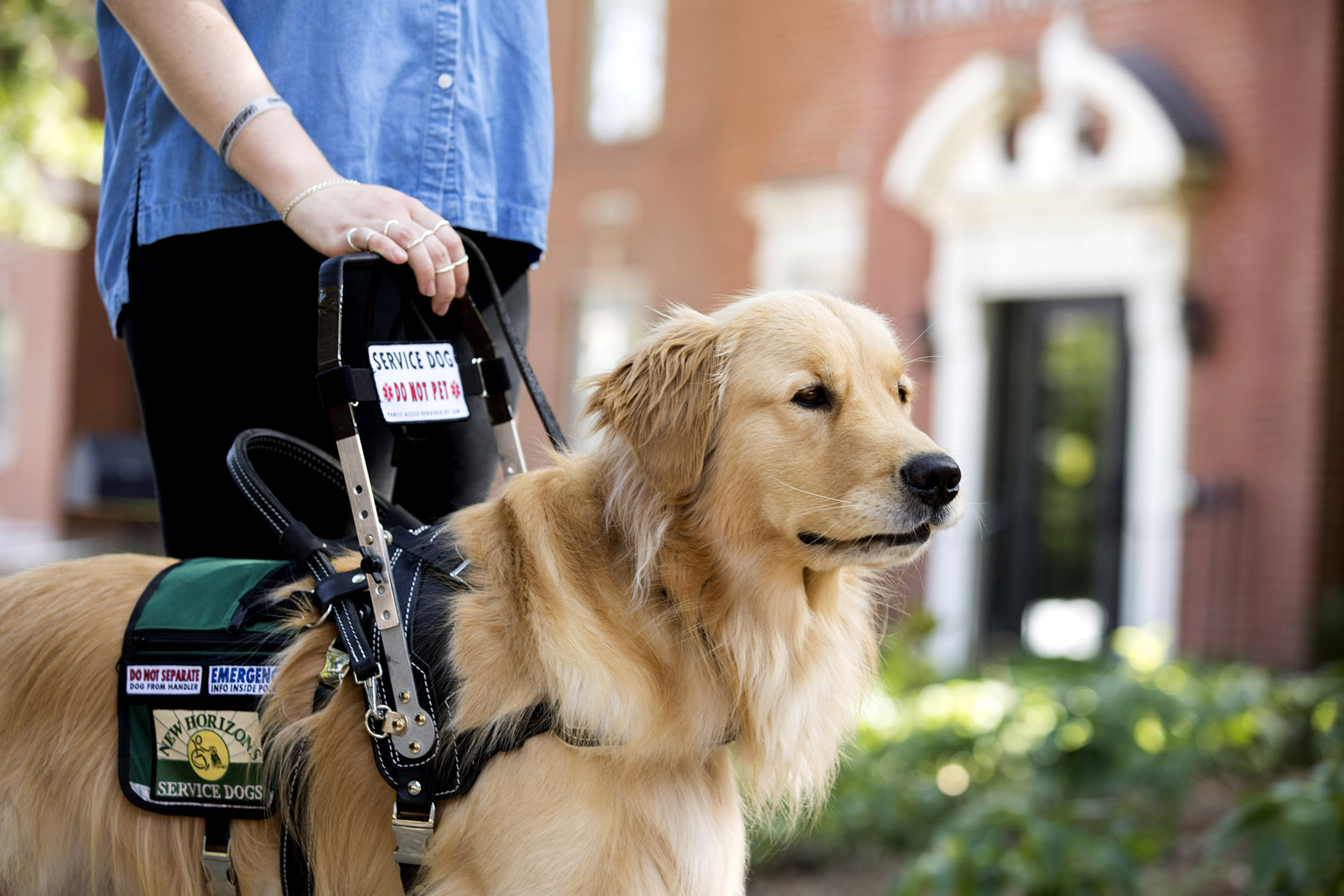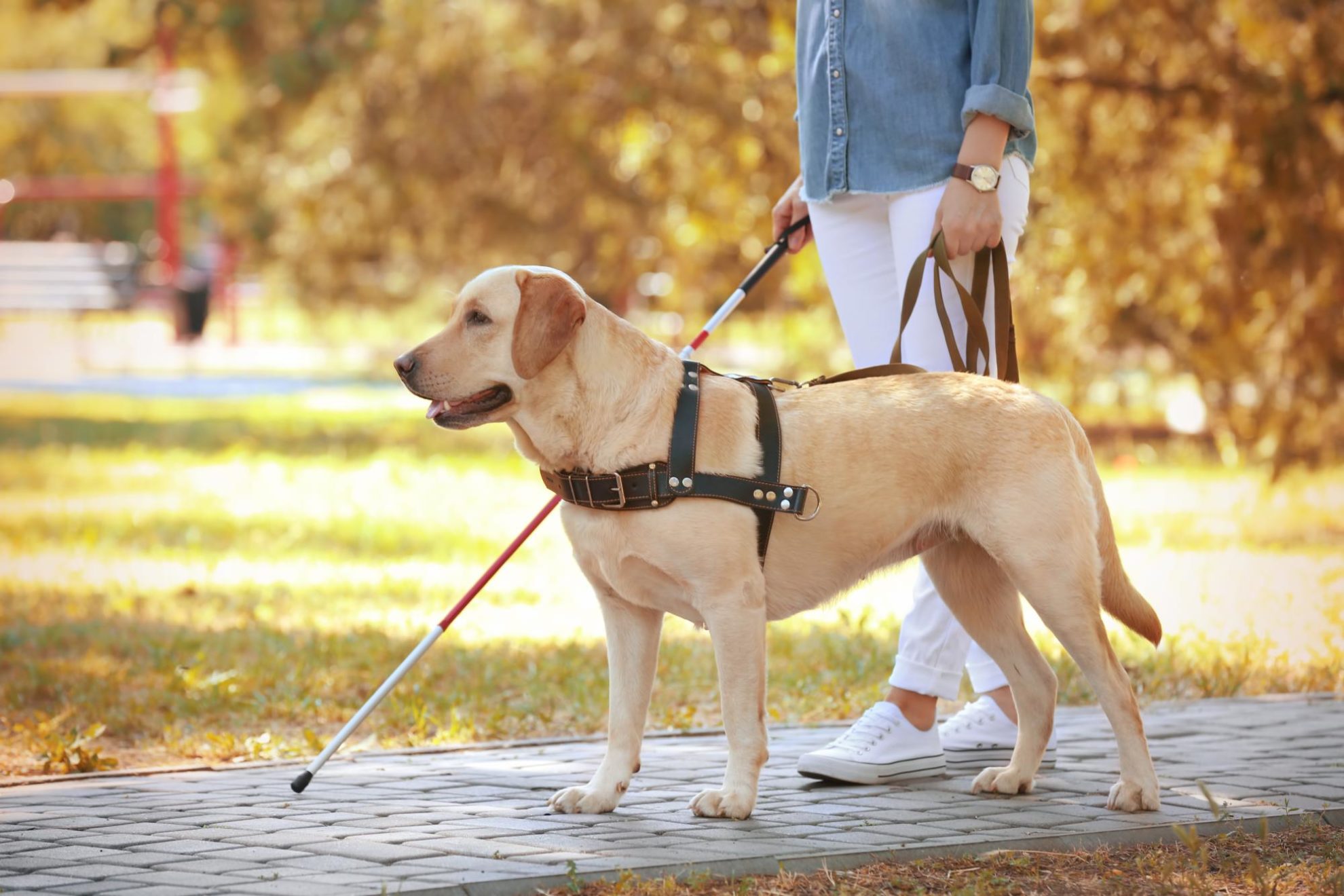More Than Guide Dogs
When most people think of service dogs, guide dogs for the blind come to mind. However, service dogs actually provide a wide range of specialized assistance to people with disabilities. Through extensive training, these intelligent, compassionate canines transform lives with their incredible versatility.
Types of Service Dogs
Hearing Dogs
For those who are deaf or hard of hearing, hearing dogs alert their handler to important sounds like alarms, knocks on doors, phones ringing, and people calling their name. They also respond to hand signals.
Mobility Assistance Dogs
These dogs aid those with mobility impairments by retrieving dropped items, opening and closing doors, turning lights on/off, helping their handler balance while walking, and pulling wheelchairs.

Diabetic Alert Dogs
By detecting changes in blood chemistry, these dogs can alert their diabetic handler when their blood sugar is too high or low, giving them time to take action and prevent an emergency.
Seizure Response Dogs
When their handler has a seizure, these dogs are trained to bark for help, bring medication or a phone, cushion their handler’s fall, and position them safely until the seizure passes. Their presence provides comfort and security.
Psychiatric Service Dogs
For those with mental illnesses like PTSD, depression, and anxiety, these sensitive dogs provide calming pressure therapy, remind their handler to take medication, monitor personal space in public, and interrupt self-harm behaviors. Their unconditional support is healing.

Autism Support Dogs
To help children with autism, these special dogs keep kids from wandering or running away and provide calming sensory stimulation. They also promote social interaction and can fetch parents if a child needs help.
Extensive Specialized Training
It takes 1-2 years to train a service dog to master specialized skills and public access behaviors. Trainers first socialize puppies extensively and assess them for proper service temperament. Dogs then learn critical commands and complete rigorous skill-building specific to their future role. Ongoing training maintains abilities. These well-matched human-canine teams undergo extensive certification and public access laws protect their rights.
Improving Lives
The nuanced training and unwavering dedication of service dogs allows them to transform their disabled partners’ independence and quality of life. Guiding the blind, alerting people to sounds, aiding mobility, monitoring health, responding to seizures, calming anxiety, and supporting autistic behaviors—service dogs provide life changing help through their incredible versatility. These custom trained canine companions fully deserve their reputation as some of the most heroic dogs on Earth.



